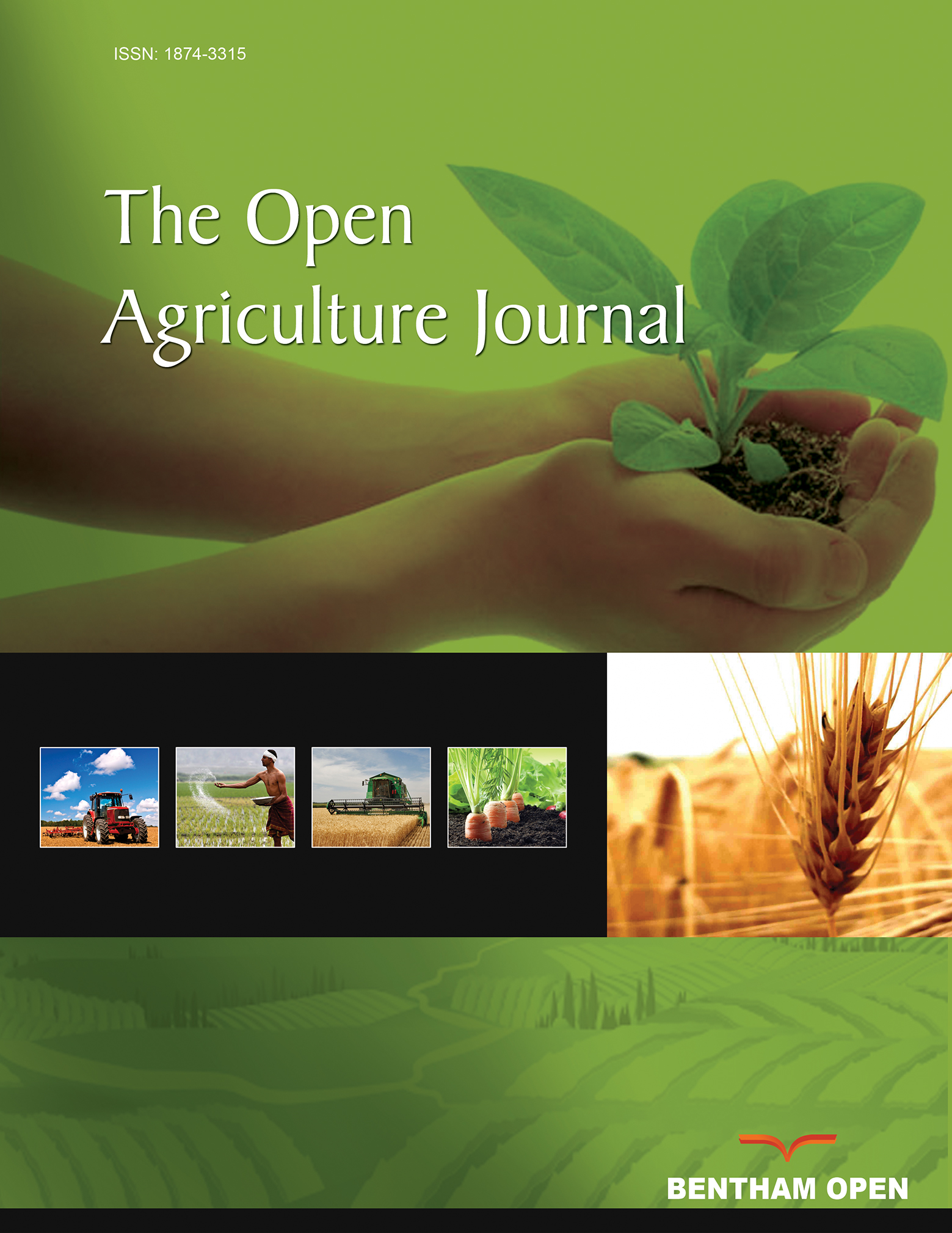All published articles of this journal are available on ScienceDirect.
On the Use of the Own Plant's Defence Compounds to Maintain the Post- Harvest Fruit Quality
Abstract
This work demonstrates that the own plant defence compounds, like resveratrol in grapes, can be used as a natural and ecological alternative to chemical pesticides. An extract from vine leaves was used to maintain the quality of post-harvested grapes. Specifically, an extract (95% water and 5% ethanol) of such leaves was prepared and, subsequently, different bunches of grapes were immersed in it. The same number of bunches received either water or ethanol (5%) treatment, being both used as blank. Remarkably, on the 14th day after the beginning of the treatment the extract treated grapes, always maintained at room temperature, showed no sign of physical deterioration. In contrast, the two blank samples, i.e.: the water or ethanol treated bunches appeared dehydrated, infected and deteriorated. Furthermore, the external application of the leaf's extract does not modify sensorial, biochemical and nutritional properties of the fruits. The beneficial effects of trans-resveratrol, such as anticancer, antiviral, neuroprotective, antiaging and anti-inflamatory support further the use of this natural compound instead of hazardous synthetic pesticides. Therefore, this study represents a step towards the development of new protocols to maintain the post-harvest fruit quality without resorting to chemical pesticides.


